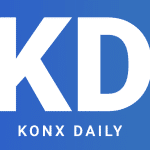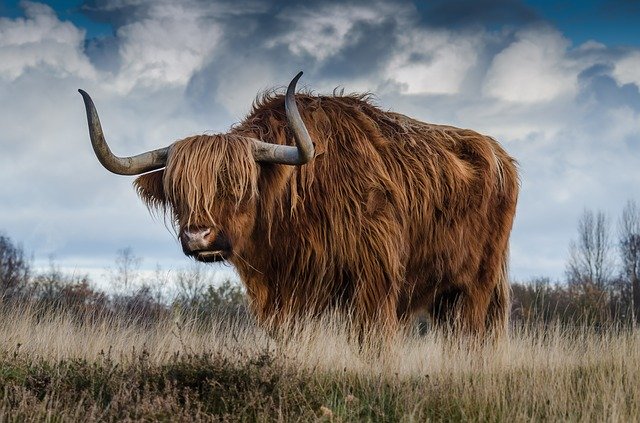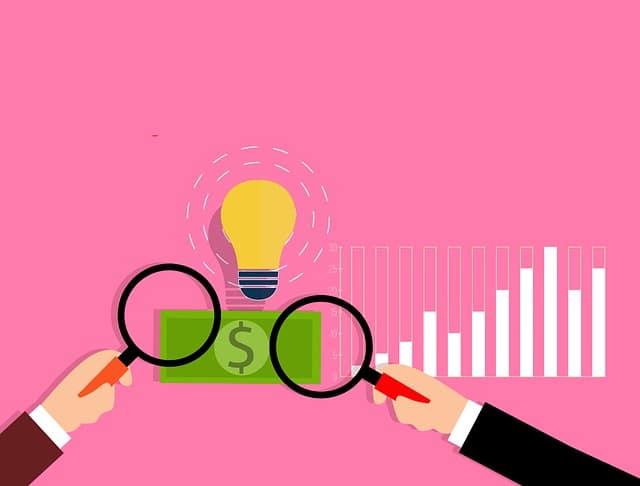Johnson & Johnson (JNJ) announced that it would start shipping the vaccine against Covid-19 to Europe beginning April 19.
Following Pfizer-BioNTech, Moderna and AstraZeneca, it was the fourth vaccine to receive approval by the European Medicines Agency in mid-March. Only the United States and South Africa are currently using the JNJ Covid-19 vaccine, although Canada has also approved it.
Several agreements with pharmaceutical laboratories and subcontractors in Europe over the past few months have allowed Johnson & Johnson to increase its production and meet its demand: Sanofi in France, Catalent in Italy, and IDT Biologika in Germany.
Johnson & Johnson’s plant in Leiden, Netherlands, will supply the vaccine’s active substance.
In mid-March, Ursula von der Leyen, president of the European Union, said that the EU requested 200 million doses of the vaccine at the cost of 200 million for the US lab (with an option for an additional 200 million doses). Pharmaceutical firms have not, on the other hand, published their exact delivery schedules.
An Ebola vaccine was developed based on an existing technology inside the JNJ stock, explicitly utilizing a viral vector. The virus uses as support another, more infectious virus, which has been genetically modified to include Covid-19’s genetic material. Inside the cells, the immune system learns to recognize a SARS-CoV-2 protein by producing a typical SARS-CoV-2 protein.
World Health Organization has given its seal of approval to the vaccine, which requires only one dose instead of two and can be kept at a reduced temperature.
Johnson & Johnson (JNJ) said it would sell it at a cost price. The share price of JNJ increased by 34.82% over the past 12 months. JNJ’s stock gained 3.45% in the last five trades and 4.78% in the previous 30 trades. However, over the past six months, the share price increased 13.99%, and 8.90% occurred during the past three months.








